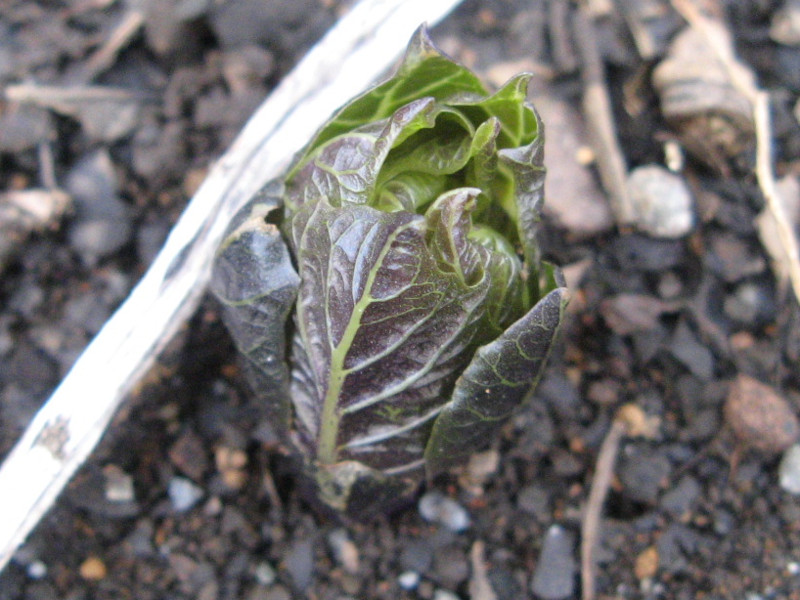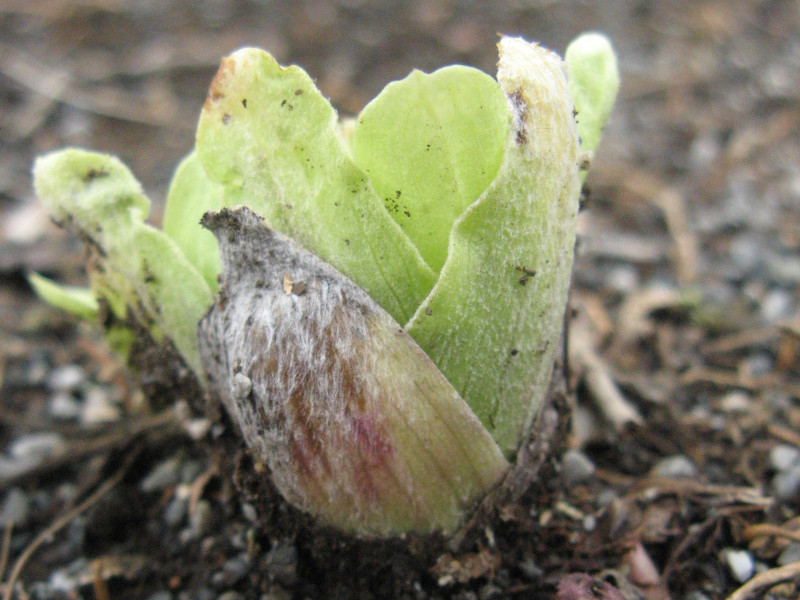Scopolia japonica
- Flower nameScopolia japonica
- Scientific nameScopolia japonica
- Alias走野老
- Place of originJapan
- Place of floweringWetlands, Low mountains
- Flowering seasonMarch, April
What is Scopolia japonica
Scopolia japonica (Japanese Belladonna, Scientific Name: Scopolia japonica) is a perennial plant in the Solanaceae family, endemic to Japan. It grows in damp woodland areas from Honshu to Kyushu.
The plant reaches a height of 30 to 60 cm. Its leaves are yellow-green, measuring 5 to 15 cm in length and 2 to 5 cm in width, ovate with entire margins, hairless on both sides, and opposite on the branches.
From April to May, a single dark purple, bell-shaped flower about 2 cm in size blooms, hanging down from the leaf axils. The inside of the flower is light yellow-green, with five shallow lobes at the tip, six stamens, and one pistil. The calyx is bright green, with five pointed lobes that enlarge after flowering to enclose the fruit. After flowering, a spherical capsule about 1 cm in diameter forms, which splits open at the top when ripe to release the seeds.
Scopolia japonica is a toxic plant containing the alkaloids hyoscyamine and scopolamine throughout the plant. Ingesting it or accidentally getting it into the body can cause symptoms such as hallucinations, confusion, dilated pupils, increased heart rate, and difficulty breathing, potentially leading to death. On the other hand, its roots and rhizomes are used in herbal medicine under the name "Rohto-kon," known for its pain-relieving and antispasmodic properties.
Scopolia japonica and Butterbur Look Similar
The new sprouts of Scopolia japonica (toxic, scientific name: Scopolia japonica) resemble those of butterbur (non-toxic, scientific name: Petasites japonicus). Be careful not to accidentally eat Scopolia japonica.


Left: Scopolia japonica, Right: Butterbur
Generic name: Scopolia japonica
scientific name:Scopolia japonica,
also known as: Hashiri-dokoro,
origin: Japan distribution: Mainland Kyushu, wetlands and the environment along the swamp forest under, living type: perennials, plant height: 30-60 cm, leaf color: yellow-green, phyllotaxis: opposite, leaf shape: oval, leaf length: 5-15 cm, width: 2-5 cm, leaves: hairless, flower color: dark purple,Flowering period: April-places flowers in may, from the axils 1 wheel with inside a pendulous bell-shaped, small flower: flowers: pale yellow-green tips 5 lobed, Corolla: 2 cm, stamens number UNO: 5, number of pistils: 1, Calyx color: green, Calyx form: bell-shaped Tip 5 lobed, fruit type: capsule and ripens fruit, fruit shape: spherical, fruit shape: 1 cm, Applications: crude name that roots and rhizomes (rockon), poisonous plants contain scopolin (alkaloids)









